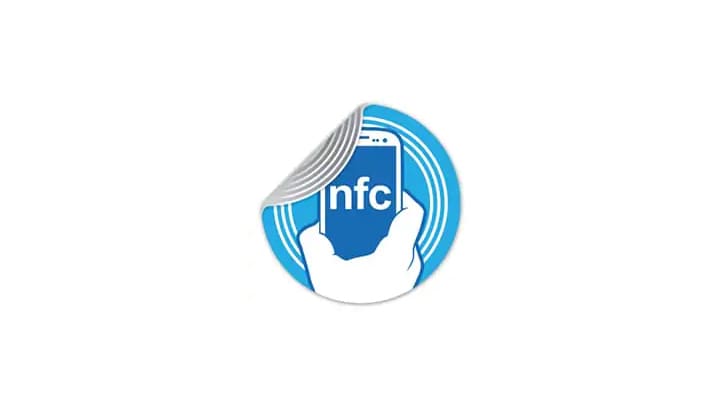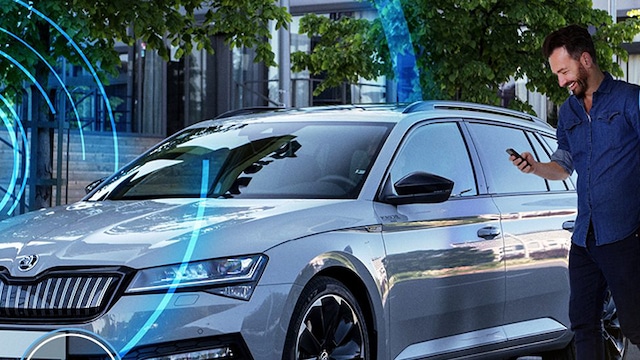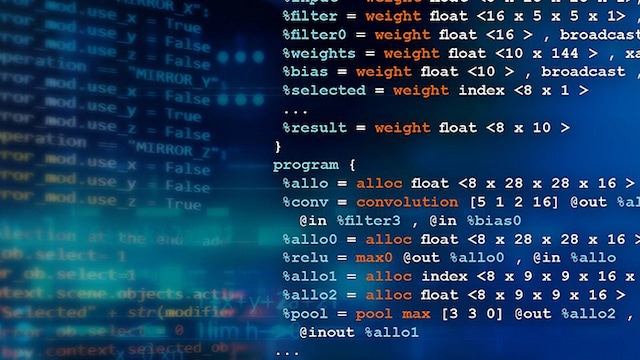Checking into a hotel and getting to your room isn’t always as relaxing
as it could be. Depending on when you arrive, there can be lines at the
check-in counter, and you may have to spend several minutes confirming details
and answering questions before you get your key card.
At your door, you’re likely to be juggling pieces of luggage, and that
can make it harder to deal with the door lock. It may take a couple of tries
before you open the door, because you didn’t face the card the right
way or you failed to insert and remove it just so. Then, depending on the
format of the key card, you may have to be careful where you keep it during
your stay. If it’s too close to your phone, the key might be erased,
forcing you to make a trip back to the front desk for a replacement.

An easier way: virtual keys
Now there’s a way to avoid these hassles, by using your smartphone as a
virtual key card. Any phone equipped with Near Field Communication (NFC) is
already compatible with the existing MIFARE infrastructure, so it can be used
with any hotel, anywhere in the world, that uses a MIFARE-based access system.
You simply tap your NFC-enabled smartphone against the door look, just as you
would tap a MIFARE-based key, and you’re in. You can even receive your
key via email, when you make your reservation or just before you arrive, so
you don’t have to check in at the reception desk.
Supporting virtual MIFARE hotel keys is easier with a new programming
interface, called MIFARE4Mobile. It’s a single, interoperable,
programming interface that helps mobile network operators, trusted service
managers and service providers manage MIFARE based services on NFC mobile
devices. The interface is under the domain of the MIFARE4Mobile Industry
Group, which is made up of leading players in the NFC ecosystem, including
Gemalto, Giesecke+Devrient, NXP, Oberthur Technologies and
STMicroelectronics.
With MIFARE4Mobile, you can remotely provision and manage MIFARE based
services in the embedded secure elements and SIM cards of mobile devices.
MIFARE4Mobile supports Over The Air (OTA) updates, so service providers can
access MIFARE resources in a secure, trusted and consistent way. It also
renders card content on the phone screen in a convenient and flexible way, for
a consistent user experience and provides full interoperability with other
card formats.
Adding extra advantages
As a complement to the virtual key, the smartphone app can deliver a number of
added features that make your stay that much nicer. You can earn loyalty
points, check your balance and use points to pay for purchases while
you’re there. You can even do things like configure room settings so
the temperature and lighting are just how you want them when you arrive.
Virtual keys are a greener option too, since they save the cost and waste of
issuing physical keys.
Virtual keys can, of course, work with any door lock equipped to support
MIFARE or NFC. That means these same kinds of services can be applied to
student housing, corporate sites, apartment buildings and even residences.
Keys and locks can be configured to limit access to increase security. For
example, the janitorial service might only have access to your office building
during specified times. You can track and record usage, and you can use a
centralized database to dynamically add or revoke user privileges.
Implementation considerations
Transitioning to virtual keys is a relatively new concept, and there are a few
things to keep in mind if you’re thinking of adding smartphones to an
access system. First, to take variations into account, be sure to specify each
handset model and Operating System (OS) you’re going to support.
It’s important to do more than just replicate the key function, since
offering value-added features are more likely to draw people to the new
service. As always, a well-executed promotional campaign can help drive
acceptance and maximize investment.
Get the details
MIFARE and MIFARE4Mobile are registered trademarks of NXP Semiconductors
N.V.





